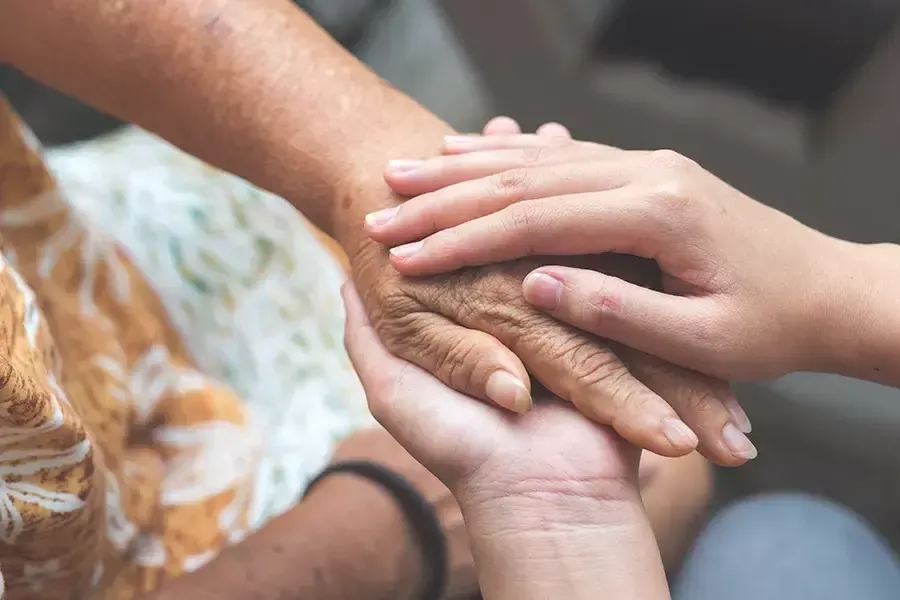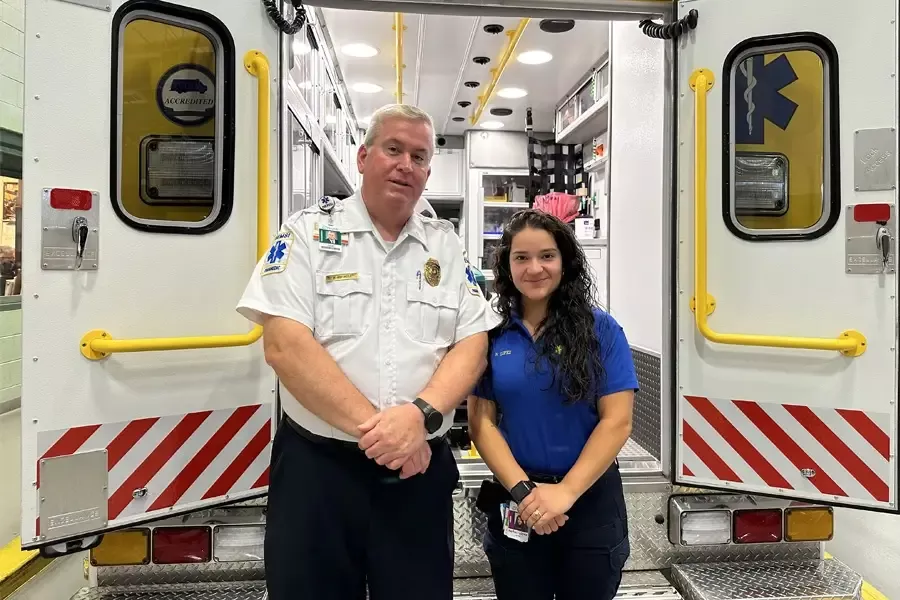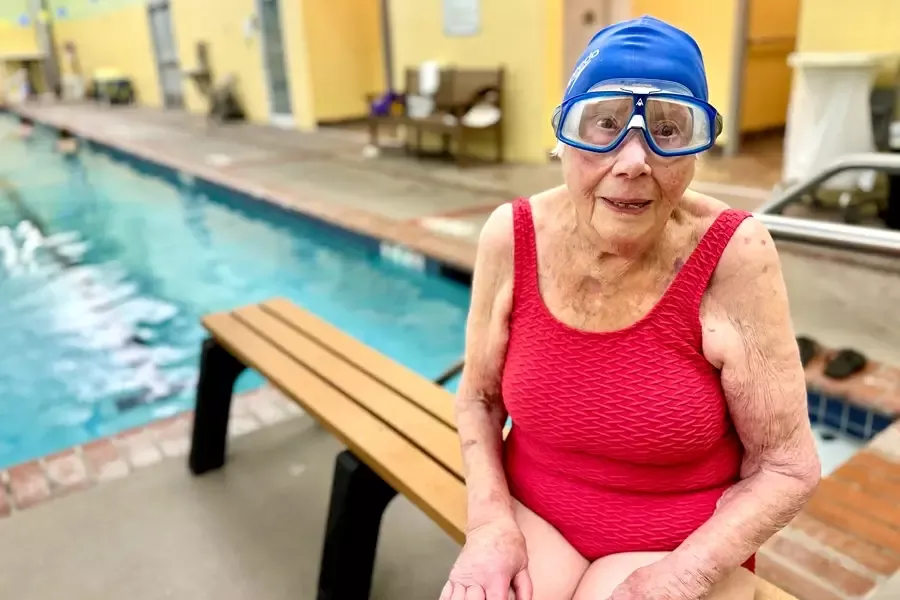
Hospice care is specialized, compassionate end-of-life care. This care is provided by specially trained physicians and staff focusing on pain and symptom management. With a structured care plan, terminally ill individuals are more likely to live life to the fullest with their remaining time. A hospice team includes a physician medical director, the patient’s primary care physician, hospice nurses, social workers, aides, chaplains and trained volunteers who serve our patients and their families in the comfort of their home, apartment, independent living residence, nursing home, assisted living facility or an inpatient facility.
Here are five things you should know about hospice care.
It’s okay to ask about hospice care at any time.
Now is the best time to learn more about hospice and ask questions about what to expect from hospice services. Although end-of-life care may be difficult to discuss, it is best for family members to share their wishes long before it becomes a concern. This can greatly reduce stress when the time for hospice is needed. By having these discussions in advance, patients are not forced into uncomfortable situations. Instead, patients can make an educated decision that includes the advice and input of family members and loved ones.
Receiving hospice care doesn’t mean you’re giving up.
Hospice care is a valuable service that can help alleviate symptoms, provide essential comfort measures and offer invaluable emotional and spiritual support. Additionally, it has the remarkable ability to instill a sense of dignity in patients and empower them with various options for their care. For instance, if you have experienced frequent hospital visits with a continuous decline in health, and you find yourself exhausted by the revolving-door visits, you have the option to opt for managing your symptoms at home with the assistance of hospice doctors or nurses. This choice allows patients to have a much better quality of life.
Beginning hospice care is a quick process.
Typically, hospice care starts as soon as a formal request or a ‘referral’ is made by the patient’s doctor. Often a hospice program representative will make an effort to visit the patient within 48 hours of that referral, providing the visit meets the needs and schedule of the patient and family/primary caregiver. Usually, hospice care is ready to begin within a day or two of the referral. However, in urgent situations, hospice services may begin sooner.
Hospice care is for all ages.
Hospice care is available for individuals who are facing a life-threatening or terminal illness. In order to qualify for most reimbursement sources, it is typically required that the illness has a prognosis of six months or less if it follows its natural course. It is important to note that all hospices prioritize the well-being of both the patient and their family as a whole.
Patients will continue to have access to hospice care even if they live longer than six months.
It’s important to acknowledge that predicting the length of a person’s life is uncertain. Medicare typically sets a timeline of six months, which other insurers also follow. However, it’s worth noting that hospice care can often provide such exceptional support that individuals surpass their initial life expectancy.
Your dedicated hospice doctor will continuously evaluate your condition, allowing for the possibility of extending hospice care beyond the initial six-month period. If there are improvements in your condition, your doctor will discharge you from hospice. Rest assured that your benefits will be tailored to meet your specific needs.
Thinking about hospice care? Talk to your provider today about advanced or long-term care planning. Find an HH Health hospice program near you.


